• Adenovirus Service • AAV Service • Lentivirus Service • Retrovirus Service



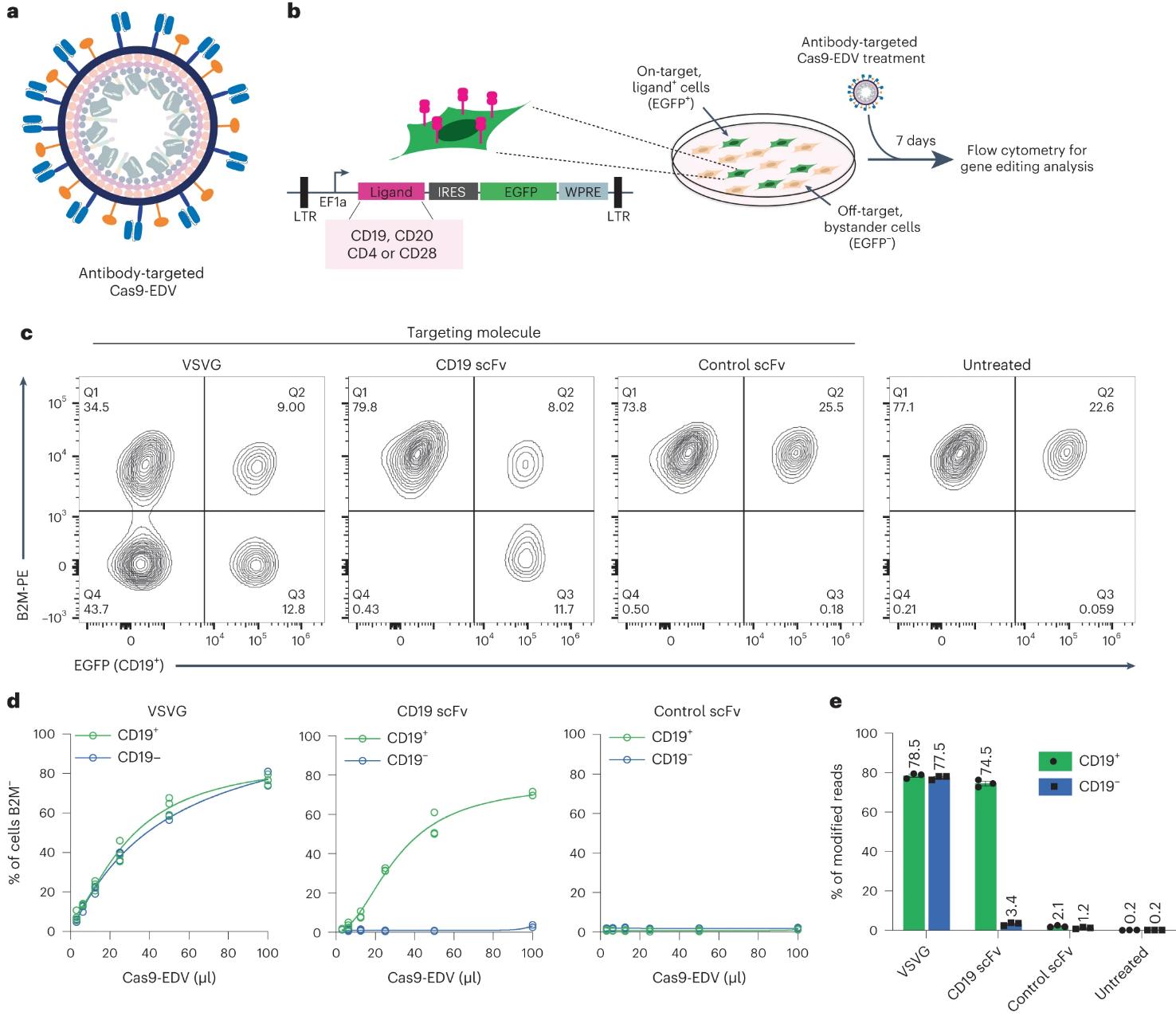
Most currently approved gene therapies, including those involving CRISPR-Cas9, involve gene editing of cells removed from the body outside the body and then infusing the edited cells back into the patient. This technology is ideal for targeting blood cells. Newly approved CRISPR gene therapies to treat blood diseases such as sickle cell anemia use this approach, in which gene-edited blood cells are reinfused into the patient after chemotherapy has destroyed the patient's bone marrow.
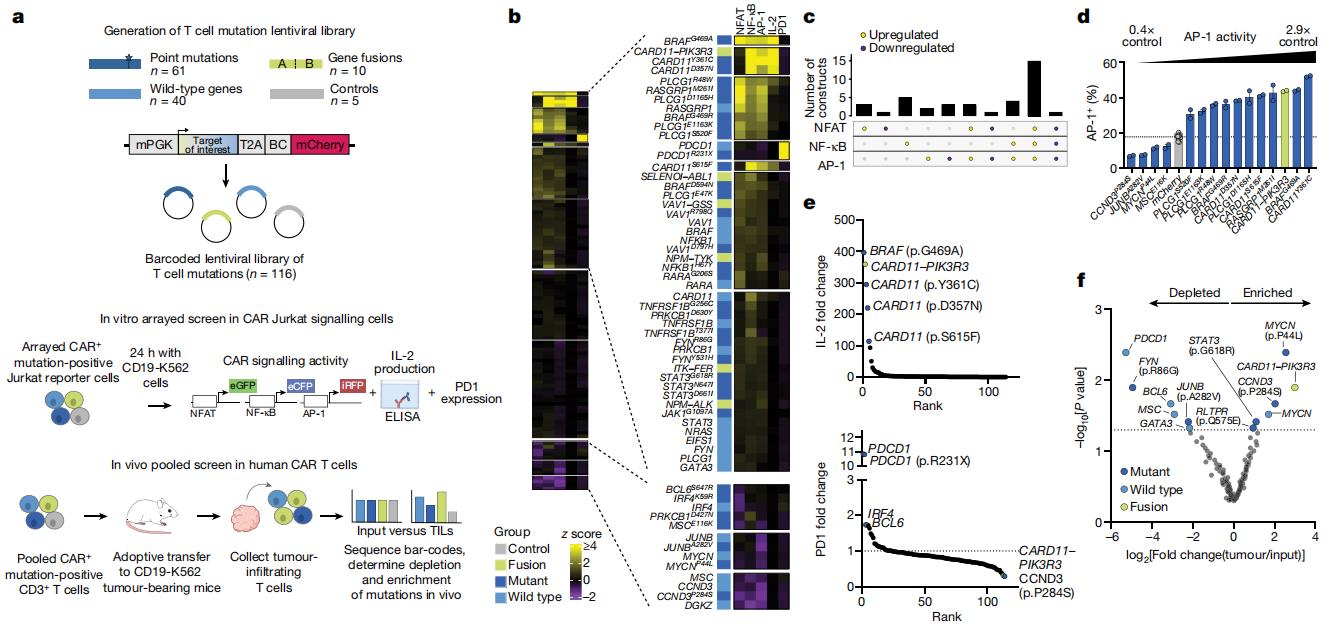
Jaehyuk Choi's team at Northwestern University Feinberg School of Medicine and Kole Roybal's team at the University of California, San Francisco published a research paper titled "Naturally occurring T cell mutations enhance engineered T cell therapies" in the journal Nature.
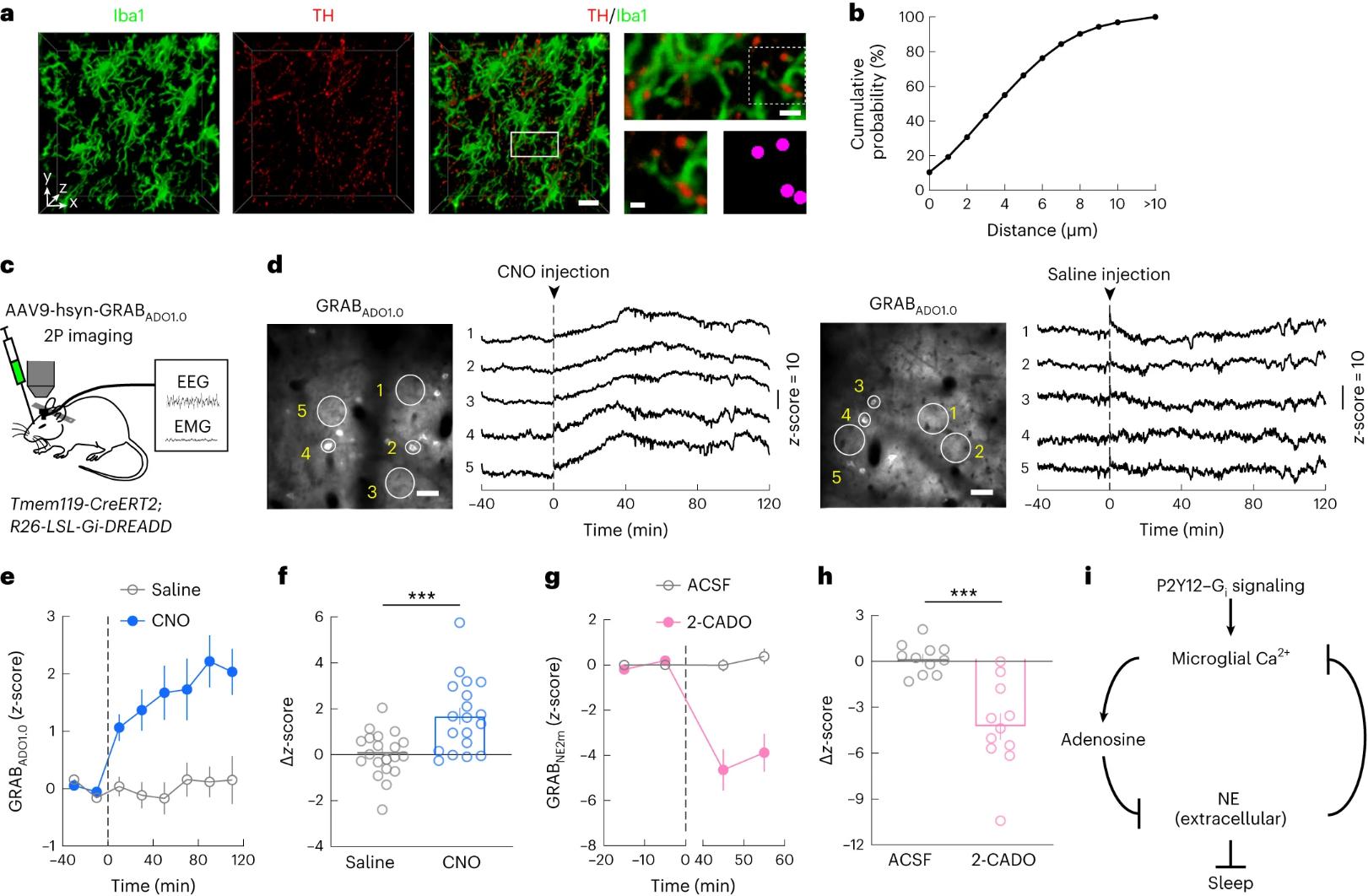
Professor Dan Yang, an academician of the National Academy of Sciences and University of California, Berkeley, published a research paper titled "Microglia regulate sleep through calcium-dependent modulation of norepinephrine transmission" in the journal Nature Neuroscience. The study found that activation of inhibitory G protein (Gi protein) signaling in microglia, immune cells in the brain, promotes sleep, and that this effect is mediated, at least in part, through its intracellular Ca2+ signaling, resulting in a decrease in extracellular norepinephrine (NE) concentration.
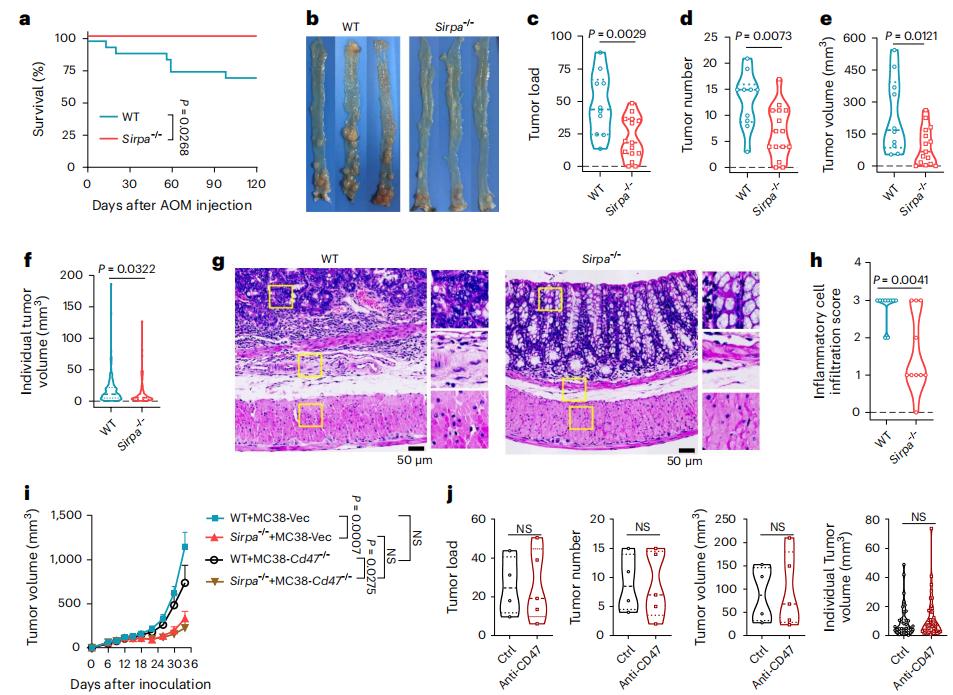
Malignant tumors are one of the major causes of human death, and the complexity of the tumor immune microenvironment (TIME) limits the effectiveness of various conventional therapies. Although various PD-1/PD-L1 immunosuppressants have achieved significant efficacy in some patients with advanced cancer, their therapeutic effects on most solid tumors are still limited. It may be related to the fact that solid tumor TIME has less T cell infiltration and is rich in immunosuppressive myeloid cells.
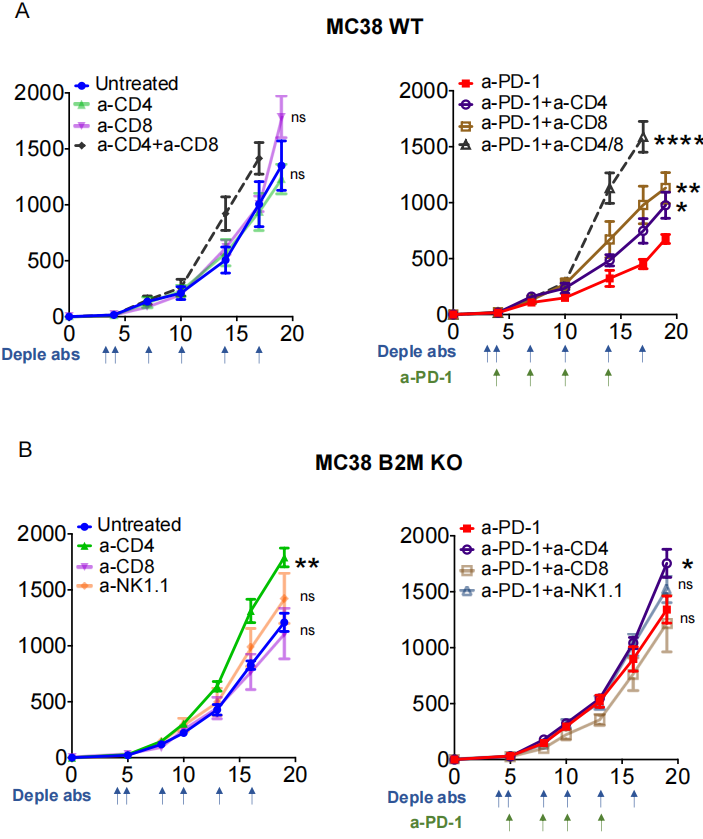
β2-microglobulin (B2M) is an important component of MHC class I molecules that can present tumor antigens to T cells. Loss of B2M leads to acquired tumor resistance to immune checkpoint blockade (ICB) therapy. However, there are now well-documented cases of B2M-inactivated tumors responding to ICB, which may demonstrate how the body's anti-tumor immune response is generated in tumors that do not have MCH class I molecules on their cell surfaces.

Researchers from Aarhus University in Denmark published a research paper titled "Enhanced production of mesencephalic dopaminergic neurons from lineage-restricted human undifferentiated stem cells" in the journal Nature Communications. This study constructed lineage-restricted undifferentiated stem cells (LR-USCs) by knocking out the transcription factors GBX2 and CDX1/2/4 in human pluripotent stem cells. These stem cells have a greater ability to generate specific nerve cells, dopaminergic neurons, and have produced stronger and longer-lasting therapeutic effects in rat models of Parkinson's disease.
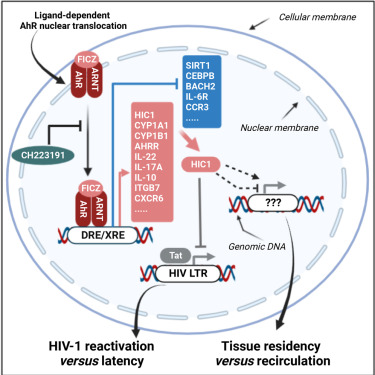
Antiretroviral therapy (ART) has transformed HIV-1 infection into a manageable chronic disease and increased the life expectancy of people living with HIV-1 (PLWH). During antiretroviral therapy, HIV can quietly hide in a reservoir of CD4+ T lymphocytes, a special type of white blood cell that plays an important role in activating the body's immune system to fight infection. The existence of these viral sanctuaries may explain why antiretroviral therapy must be continued throughout a patient's life to prevent HIV from replicating. According to WHO data, by the end of 2021, more than 3,800 people worldwide will be infected with HIV.
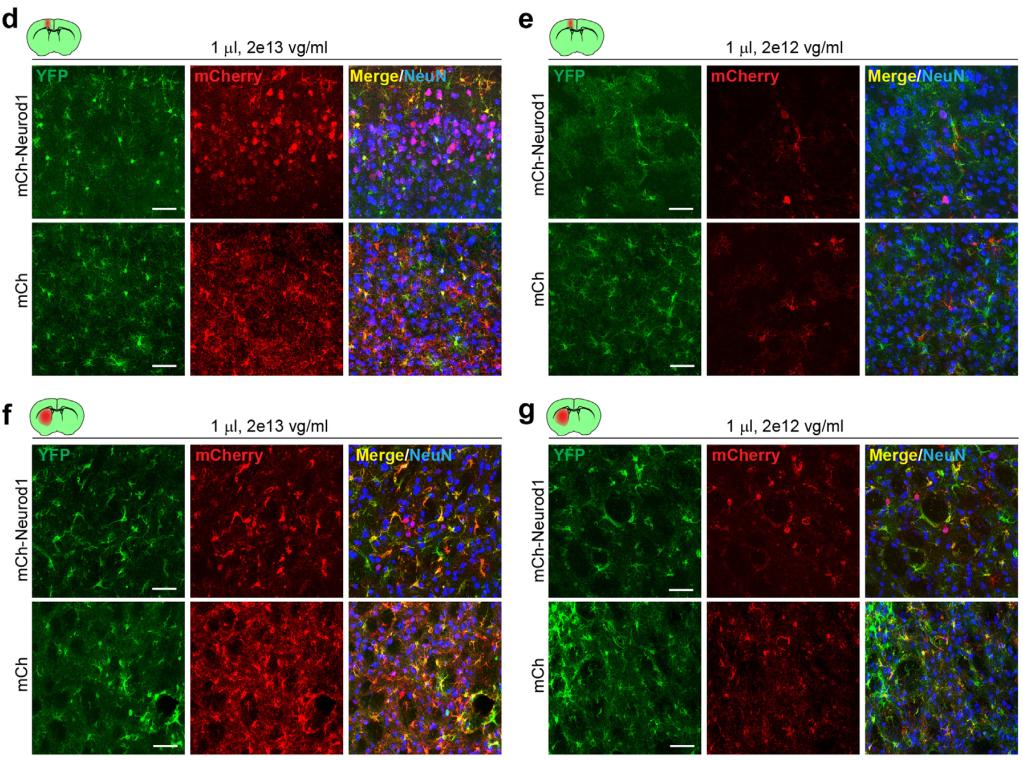
Research On Glial Cells

For decades, research groups around the world have devoted enormous efforts to improving the performance of productive CHO cell lines. Attempts at these cell line manipulations are aimed at achieving higher productivity and product yield, and leverage existing knowledge on transcription, translation, cellular metabolism, signaling pathways, and secretion mechanisms. The main strategies for host cell engineering are based on the overexpression of genes favoring cell proliferation, longevity, stress resistance and apoptosis, protein production and secretion. Numerous studies have shown that transient or stable overexpression of key genes involved in cell metabolism, protein biosynthesis, and glycosylation increases growth rate and productivity, respectively, and improves product quality.

As the most common type of liver cancer, hepatocellular carcinoma (HCC) has become the third leading cause of cancer-related deaths worldwide, and HCC cases are increasing in the United States and worldwide. While chemotherapy, surgery, and liver transplants can help some patients, targeted therapies for HCC could save millions of lives.